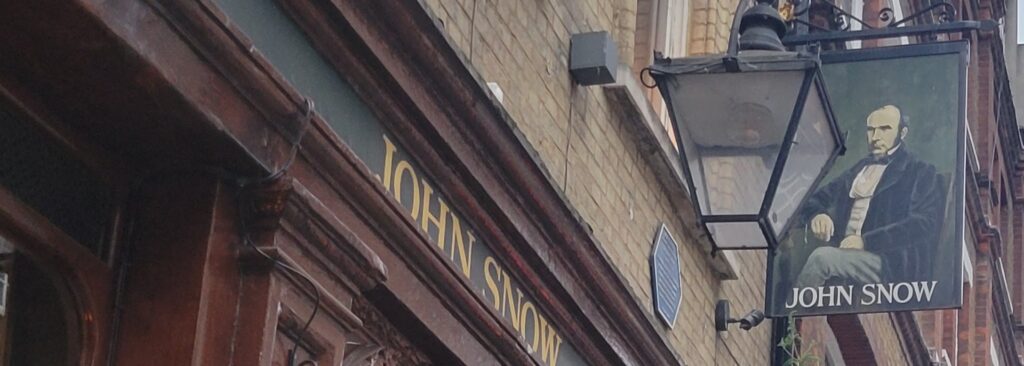Thank you to NetGalley and Page Street Publishing for this e-ARC!
Helga puts a twist on the tale of Frankenstein by having Frankenstein’s monster be a teenage girl. She goes out partying and gets into teenage high jinks all while dealing with her creator’s never ending disappointment.
I will leave it up to other readers how well this book channels any themes from the original Frankenstein because I haven’t read it. (Please don’t judge me!) Despite that, I really wish this book had been more sophisticated in its storytelling.
Helga herself is a brilliant character and I enjoyed watching her figure out how to be a human. She was feisty, confident, loyal and unapologetic. Yu made her an accurate reflection of a real life teenage girl without making her annoying which was greatly appreciated. Despite being created in a lab, so many of her experiences were emblematic of what it is like to navigate the world during that period of your life.
Aside from Helga herself, the sisterly bond that she forms with Penny was another highlight of the book. I am a sucker for the found family trope and this book does it well. Your heart will ache as Helga yearns for someone to love her as she is and hoping that Penny will be the one to do so. If you are feeling lonely while reading this, it may hit close to home.
So the most obvious theme in the book (beyond the power of female friendship), was what it means to create life and be a parent. What is a creation meant to be and how much power are we meant to have over what those creations become? This is where more sophisticated and complex writing could have been helpful. Helga’s creator is depicted as a cartoonishly evil mad scientist from beginning to end without any real nuance. He also barely spends any time with Helga so there is nothing to their relationship. If he had been given some good qualities and positive interactions with Helga, his final rejection of her humanity would have had more impact as I feel it would be closer to real life. This book is YA but teenagers are able to understand complexity. We shouldn’t rob them of layered storytelling that more reflects the real world. Parent/child relationships aren’t onenote and even abusive parents aren’t one dimensional. There was also way too much of Helga summarizing what the moral of the story is at the end of the book. Teenagers aren’t stupid, you don’t need to spell everything out.
All in all, the book was mediocre at best and I gave it 3 stars.

